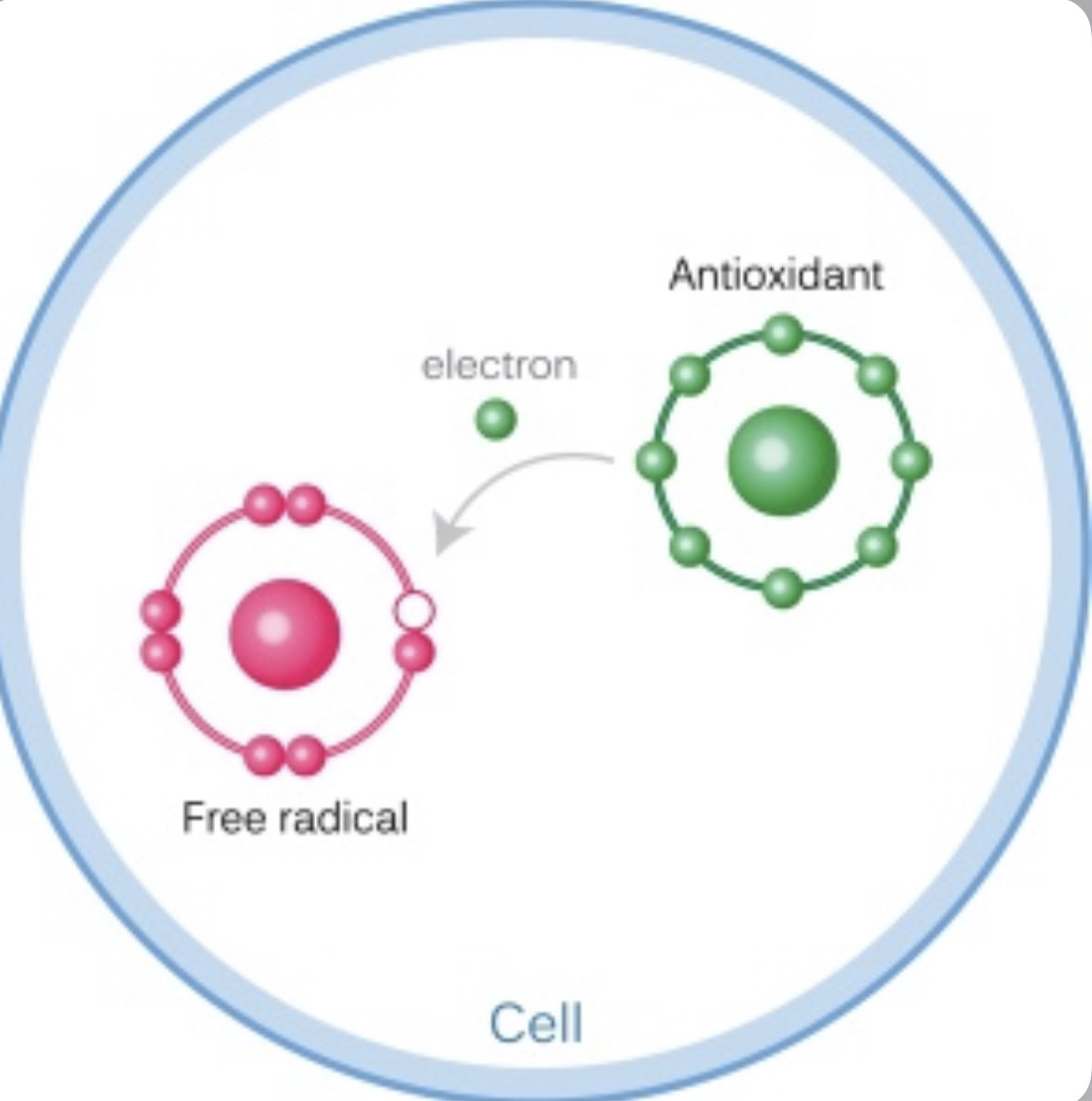The Mac
@TheMac
13 October, 10:10
"No one shall be subjected to torture or to cruel, inhuman or degrading treatment or punishment"
Notice: Undefined index: tg1tga_access in /home/admin/www/anonup.com/themes/default/apps/timeline/post.phtml on line 396
The Mac
@TheMac
13 October, 10:12
In response The Mac to his Publication
Among the acts or omissions that may potentially support a medical malpractice claim are the failure to properly diagnose a disease or medical condition, the failure to provide appropriate treatment for a medical condition, and unreasonable delay in treating a diagnosed medical condition. In some jurisdictions a medical malpractice action may be allowed even without a mistake from the doctor, based upon principles of informed consent, where a patient was not informed of possible consequences of a course of treatment and would have declined the medical treatment had proper information been provided in advance.
Notice: Undefined index: tg1tga_access in /home/admin/www/anonup.com/themes/default/apps/timeline/post.phtml on line 396
The Mac
@TheMac
13 October, 10:17
In response The Mac to his Publication
inhumane
/ɪnhjʊˈmeɪn/
adjective: inhumane
without compassion for misery or suffering; cruel.
late Middle English (in the sense ‘inhuman, brutal’): originally a variant of inhuman (rare after 1700); in modern use from in-1 ‘not’ + humane (the current sense dating from the early 19th century).
inhuman
/ɪnˈhjuːmən/
adjective: inhuman
1.
lacking human qualities of compassion and mercy; cruel and barbaric.
"the inhuman treatment meted out to political prisoners"
not human in nature or character.
/ɪnhjʊˈmeɪn/
adjective: inhumane
without compassion for misery or suffering; cruel.
late Middle English (in the sense ‘inhuman, brutal’): originally a variant of inhuman (rare after 1700); in modern use from in-1 ‘not’ + humane (the current sense dating from the early 19th century).
inhuman
/ɪnˈhjuːmən/
adjective: inhuman
1.
lacking human qualities of compassion and mercy; cruel and barbaric.
"the inhuman treatment meted out to political prisoners"
not human in nature or character.
Notice: Undefined index: tg1tga_access in /home/admin/www/anonup.com/themes/default/apps/timeline/post.phtml on line 396
The Mac
@TheMac
13 October, 10:19
In response The Mac to his Publication
DNA is a dynamic and adaptable molecule. As such, the nucleotide sequences found within it are subject to change as the result of a phenomenon called mutation.
Notice: Undefined index: tg1tga_access in /home/admin/www/anonup.com/themes/default/apps/timeline/post.phtml on line 396
The Mac
@TheMac
13 October, 10:20
In response The Mac to his Publication
In biology, a mutation is an alteration in the nucleotide sequence of the genome of an organism, virus, or extrachromosomal DNA.[1] Viral genomes contain either DNA or RNA. Mutations result from errors during DNA or viral replication, mitosis, or meiosis or other types of damage to DNA (such as pyrimidine dimers caused by exposure to ultraviolet radiation), which then may undergo error-prone repair (especially microhomology-mediated end joining[2]), cause an error during other forms of repair,[3][4] or cause an error during replication (translesion synthesis). Mutations may also result from insertion or deletion of segments of DNA due to mobile genetic elements.
Notice: Undefined index: tg1tga_access in /home/admin/www/anonup.com/themes/default/apps/timeline/post.phtml on line 396
The Mac
@TheMac
13 October, 10:33
In response The Mac to his Publication
Oxidative stress (OS) is therefore defined as a state of excess ROS production and/or the reduction in savaging antioxidants, which results in pathophysiological changes similar to the general adaption syndrome of cellular stressors [22,31].
Notice: Undefined index: tg1tga_access in /home/admin/www/anonup.com/themes/default/apps/timeline/post.phtml on line 396
The Mac
@TheMac
13 October, 10:37
In response The Mac to his Publication
Prolonged oxidative stress leads to an increased risk of negative health outcomes, such as cardiovascular disease and certain types of cancer. Your body needs to maintain a certain balance between free radicals and antioxidants. When this equilibrium is disrupted, it can lead to oxidative stress.
Notice: Undefined index: tg1tga_access in /home/admin/www/anonup.com/themes/default/apps/timeline/post.phtml on line 396
The Mac
@TheMac
13 October, 10:39
In response The Mac to his Publication
Experimental studies show that nanoparticles can trigger the production of free radicals.
Notice: Undefined index: tg1tga_access in /home/admin/www/anonup.com/themes/default/apps/timeline/post.phtml on line 396
The Mac
@TheMac
14 October, 06:40
In response The Mac to his Publication
However, federal statutes and treaties are supreme only if they do not contravene the Constitution.
Notice: Undefined index: tg1tga_access in /home/admin/www/anonup.com/themes/default/apps/timeline/post.phtml on line 396
The Eighth Amendment (Amendment VIII) of the United States Constitution prohibits the federal government from imposing excessive bail, excessive fines, or cruel and unusual punishments.
06:42 AM - Oct 14, 2021
In response The Mac to his Publication
Only people mentioned by TheMac in this post can reply
The Mac
@TheMac
14 October, 06:43
In response The Mac to his Publication
The Constitution was amended to prohibit cruel and unusual punishments as part of the United States Bill of Rights as a result of objections raised by people such as Abraham Holmes and Patrick Henry. While Holmes feared the establishment of the Inquisition in the United States, Henry was concerned with the application of torture as a way of extracting confessions.[2] They also feared that the federal government would misuse its powers to create federal crimes as well as to punish those who committed them under the new Constitution and thus use these powers as a way to oppress the people.
Notice: Undefined index: tg1tga_access in /home/admin/www/anonup.com/themes/default/apps/timeline/post.phtml on line 396
The Mac
@TheMac
14 October, 06:45
In response The Mac to his Publication
Solid lipid nanoparticles (SLNs) primarily consist of fatty acids or mono-, di-, or triglycerides. Such lipid matrices remain in the solid state at normal body temperature. The highly lipophilic nature of SLNs renders these particles to facilitate BBB transport.
Notice: Undefined index: tg1tga_access in /home/admin/www/anonup.com/themes/default/apps/timeline/post.phtml on line 396

